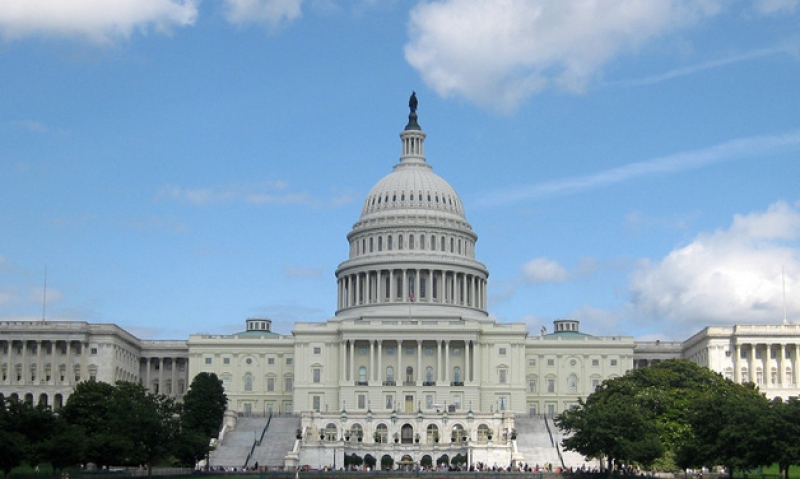
Senate committee approves FY 2013 defense bill
The Senate Armed Services Committee (SASC) voted unanimously on May 24 to approve its version of the Fiscal Year 2013 National Defense Authorization bill. The bill gives about $4 billion less than the funding passed by the House earlier this month and is more in line with President Obama’s spending level request.
Like the House, the SASC rejected Pentagon proposals that would establish enrollment fees for TRICARE Standard and TRICARE for Life and increase TRICARE deductibles and the annual catastrophic cap. However, it does not prohibit the Department of Defense from instituting proposed TRICARE pharmacy copayment changes, which do not require legislation.
Among other major highlights:
- Establishes the Military Compensation and Retirement Modernization Commission to review elements of military compensation and retirement benefits.
- Rejects all proposed cuts to the Air National Guard.
- Cuts aid to Pakistan and puts a hold on any reimbursements to the Pakistani military for its fight against terrorists and insurgents until the Secretary of Defense certifies that the Pakistanis have fully reopened U.S. supply lines, released detainees and ceased all support to militant groups in Afghanistan such as the infamous Haqqani network.
- Cuts DoD’s civilian staff and spending on contractor personnel by 5 percent over five years.
- Unlike the House, the Senate bill does not call for a third missile-defense site on the East Coast, though it does order an assessment of the need for one.
- The Senate joined the House in rejecting the Army’s request to shut down the M1 Abrams tank production line.
- Adds $777.8 million in advanced procurement funds to restore the second Virginia-class attack submarine.
The next step for the bill will be a full vote in the Senate, likely later this summer. Should it pass the full Senate, the differences between the House and Senate versions will have to be reconciled in conference. Both bills are above the spending caps set by last year’s Budget Control Act.
